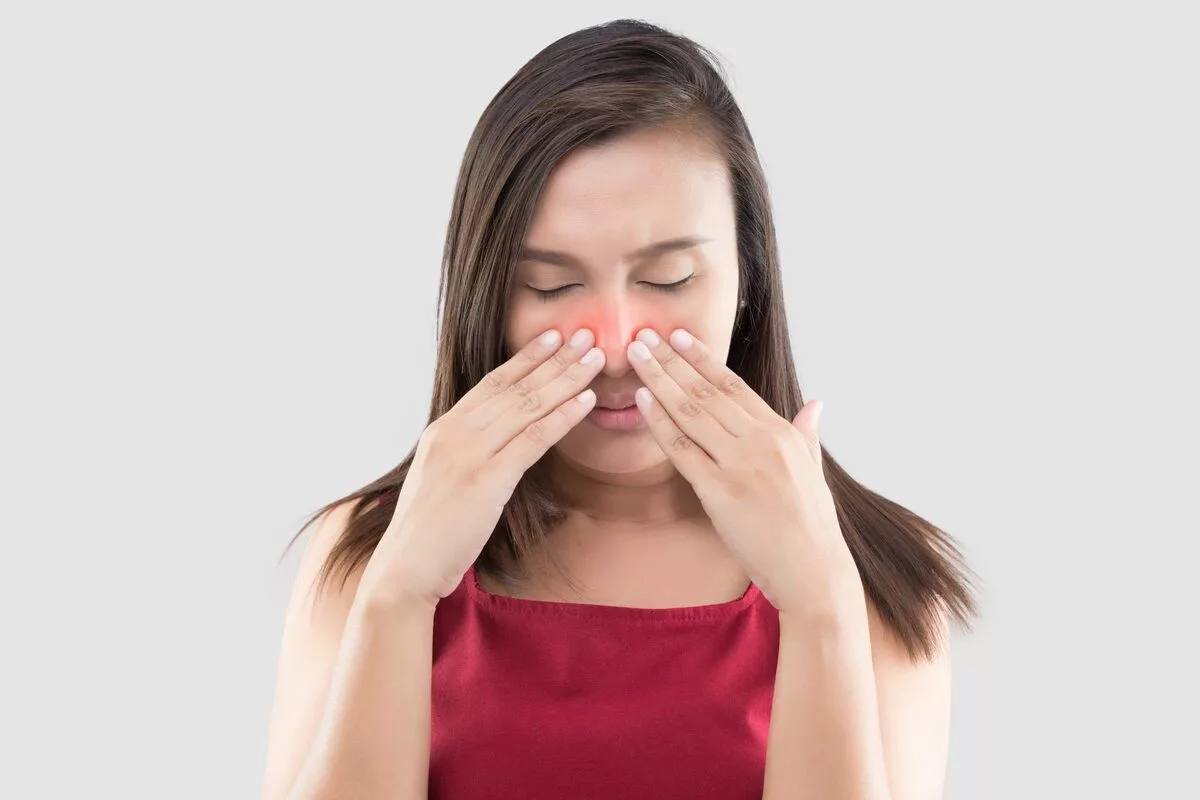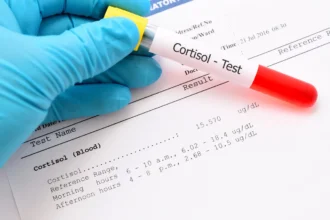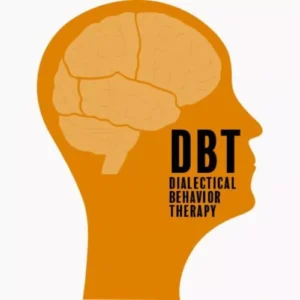Breathing with a blocked nose presents a daunting challenge, thus it may cause a blocked nose panic attack. The difficulty in ventilation can impede clear thinking, often triggering anxiety or exacerbating pre-existing panic disorders. Such a condition is characterized by an escalating sense of fear, escalating heart rate, and even feelings of impending faintness, all commonly recognized symptoms of a panic attack triggered by a blocked nose.
The notion of a blocked nose panic attack revolves around an individual’s profound fear of their nasal passage impeding normal breathing. This fear can culminate in feelings of suffocation or even extreme fear of death. While a common cold or allergies could set off this issue, other culprits include anxiety or stressful situations. Managing a blocked nose panic attack generally includes medical interventions to abate symptoms, alongside therapeutic measures to tackle its root cause.
Primary Causes
Anxiety disorders constitute the most prevalent mental health conditions in the U.S., with approximately 40 million affected adults. Panic disorders fall under this category and are typified by recurring, sudden panic attacks. These episodes of overwhelming dread or discomfort peak within minutes, typically presenting a minimum of four symptoms, including heart palpitations, trembling, breathlessness, commonly exacerbated by a blocked nose, a sensation of choking, chest pain, nausea, vertigo, tingling sensations, or sudden chills or hot flashes.
Co-existing Conditions with Panic Disorders
Persons dealing with panic disorders often have a concurrently existing condition known as agoraphobia. This refers to an individual’s fear of being in situations where escape might be complicated or fraught with potential risks, leading them to avoid crowded spaces such as streets, cinemas, or even flights.
Strategies for Preventing Blocked Nose Panic Attacks
Experiencing a blocked nose panic attack can be terrifying. Fortunately, there are proactive measures one can take to prevent such episodes:
- Determining your triggers helps you circle particularly common ones such as dust, pollen, and smoke, thereby preventing nasal blockages.
- Maintaining clear nasal passages aids in reducing inflammation in your nose, making it less likely for blockages to occur. Regular nasal cleansing with a saline solution or a neti pot can contribute greatly to this.
- Cultivating tranquility and controlling your breathing is key. In moments of rising anxiety or panic, focus on taking deep, calming breaths. This method can significantly lower the chance of a full-blown panic attack ensuing.
Dealing with a Blocked Nose Panic Attack

Living with a blocked nose can make breathing challenging and may potentially trigger a panic attack. However, there exist several effective measures you can take to treat a blocked nose panic attack.
Initially, focus on finding your calm. Facing difficulty in breathing due to a blocked nose can indeed be anxiety-provoking, but it’s essential to maintain tranquility. Practice deep, rhythmical breathing, while concentrating your thoughts away from the situation.
Next, attempt to unclog your nasal passageway. Yes, it may not always yield fruitful results during complete blockage, but partial clearing of the obstruction can substantially boost your breathing ability.
Lastly, if the situation escalates into a severe panic attack or disrupts normal breathing, seeking immediate medical intervention is wise. Your doctor may recommend various medications that can effectively open your airway, making breathing much easier.
Handling a Blocked Nose Panic Attack
If you’re implicated in a blocked nose panic attack, be assured that proper management techniques can alleviate this condition and hinder future episodes. Understanding the nuances of a blocked nose panic attack, namely the sudden surge of anxiety and breathlessness triggered by nasal obstruction or psychological stress, is the first step.
Preserving a calm demeanor and adopting slow mouth-breathing practices could be beneficial. Where possible, the elimination of the nasal blockage could lead to immediate relief. Persistent blockages could be combated with the use of decongestant sprays or drops, facilitating breathing.
Coping Strategies for a Blocked Nose Panic Attack
Alarmingly, a blocked nose can be exceptionally distressing. The struggle to breathe might magnify your fears, escalating the sensation of passing out or mortality. However, rest assured that effective treatments are accessible.
Discussing your condition with a healthcare professional can be insightful. With numerous treatment strategies for a blocked nose at hand, finding the one that suits you best could be a collaboration with your doctor. Having the right plan can help manage your symptoms and restore normalcy to your life.
The Impact Anxiety Has on Your Nasal Health
Anxiety doesn’t just influence your mental well-being; it can manifest in surprising physical symptoms, one of which includes a blocked nose and panic attack. Nasal issues such as a runny nose or odd sensations can actually be triggered by anxiety, catching many by surprise. In situations of heightened stress, some might even notice a proliferation of various nasal tics.
Adopting fundamental anxiety management techniques can usually alleviate some of these nasal discomforts. Yet, for sustainable relief, one needs to focus on long-term anxiety reduction strategies. Understanding and tackling “blocked nose panic attack” symptoms are integral to helping decrease and manage anxiety-induced nasal issues.
Blocked Nose Panic Attack: Digging Deeper into the Anxiety-Nose Connection
Anxiety encompasses more than just mental turbulence. It is an intensely physical occurrence, bringing with it an array of perplexing bodily symptoms that can obstruct your daily life. Those who live with anxiety will validate how frequently this state induces unconventional and disconcerting symptoms across various parts of the body.
However, what may escape your knowledge, even with firsthand experience of anxiety, is its potential effect on your nose. The incidence of a blocked nose panic attack, although not the most usual presentation, demonstrates that your nose is an additional bodily sector susceptible to the impacts of anxiety.
Preventing A Blocked Nose Panic Attack: Best Practices Explained
Falling victim to a blocked nose can indeed be a terrifying experience. However, you hold the power to preempt it, and here’s how:
- Recognize Your Triggers: Being cognizant of situations or elements that lead to a blocked nose can help avert a subsequent panic attack. Prevailing triggers often comprise dust, pollen, and smoke.
- Maintain Clear Nasal Passageways: Make a habit of regularly rinsing your nose with a saline wash or using a neti pot. Doing so can diminish inflammation within your nasal passages and reduce the likelihood of blockage.
- Embrace Calmness and Slow Breathing: In the face of rising anxiety or panic, deep, slow breathing and staying calm are critical. This practice can effectively ward off a full-scale blocked nose panic attack.
Persons dealing with panic disorders often have a concurrently existing condition known as agoraphobia. This refers to an individual’s fear of being in situations where escape might be complicated or fraught with potential risks, leading them to avoid crowded spaces such as streets, cinemas, or even flights.
In Conclusion to Blocked Nose Panic Attack
A blocked nose often heralds the onset of a common cold. However, for some, it could also potentially kickstart a blocked nose panic attack. If you are battling with a cold and a blocked nose, try relaxing and resorting to slow, mouth-breathing techniques. If anxiety begins to surge, deep breaths and calm-focused thoughts can act as your calming anchor.
Read more: Can melatonin cause panic attacks












